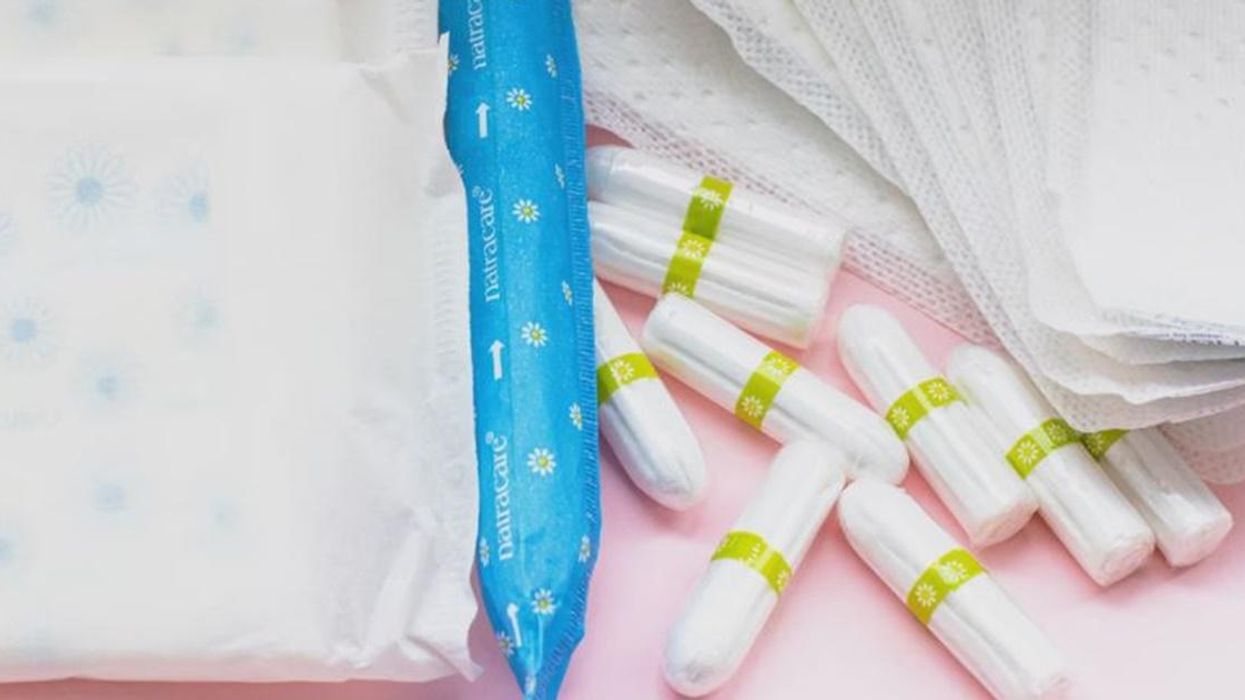
The fact that you can find toilet paper, paper towels and seat covers in just about every bathroom in the United States while period products are nowhere to be found shows a major blind spot in how we view hygiene.
When a person who menstruates gets caught off guard by their period, the implications are just as bad as having an accident. So why aren’t bathrooms prepared to help people in these situations as well?
“The consequences of not having access to [menstrual] products are pretty humiliating, and really a loss of dignity,” Free The Tampons founder Nancy Kramer told WBUR. “I mean you can, as we like to say, ‘MacGyver’ your own solution with a bunch of toilet paper, but that’s certainly not ideal. Women run the risk of having blood-stained clothing in an environment where that’s just disrespectful and humiliating.”
The lack of period products in restrooms isn’t the only problem when it comes to availability. Some low-income people have a hard time affording them, especially students.
A poll published by PERIOD found that a quarter of all students between the ages of 13 and 19 said they have struggled to pay for period products in the last year. That number is even higher among lower-income students and students of color.
This doesn’t just affect the students’ health, but their education as well. Two-thirds agree that too many people have to miss out on valuable school time because they do not have the period products they need.
The state of California has stepped up to help its students in grades 6 to 12 and those enrolled in public colleges by making it mandatory for school and college restrooms to be stocked with free menstrual products.
“California recognizes that access to menstrual products is a basic human right and is vital for ensuring the health, dignity, and full participation of all Californians in public life,” the law says.
The bill was signed into law by Governor Gavin Newsom on Friday and will take effect in the 2022-2023 school year.
The law builds on a 2017 bill that requires low-income schools in disadvantaged areas to provide students with free menstrual products. The state also recently repealed a tax on menstrual products that cost people who menstruate an estimated aggregate of $20 million a year.
“Our biology doesn’t always send an advanced warning when we’re about to start menstruating, which often means we need to stop whatever we’re doing and deal with a period. Often periods arrive at inconvenient times,” said Assemblymember Cristina Garcia, the legislation’s author, in a statement.
“Having convenient and free access to these products means our period won’t prevent us from being productive members of society and would alleviate the anxiety of trying to find a product when out in public,” Garcia added.
There’s an old saying that goes, “As goes California, so goes the nation,” so let’s hope that the Golden State’s bold step to make life healthier and happier for its students is replicated by states across the country.
